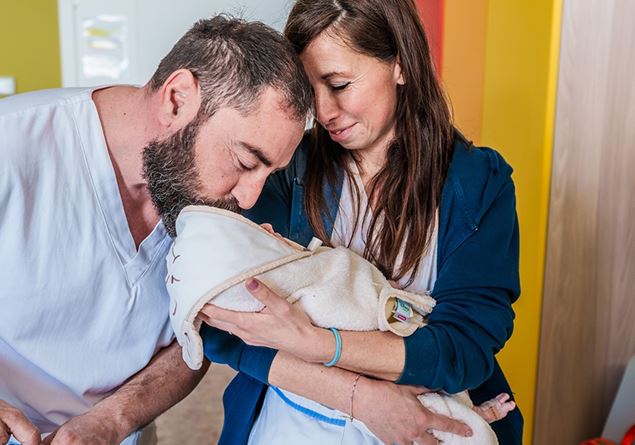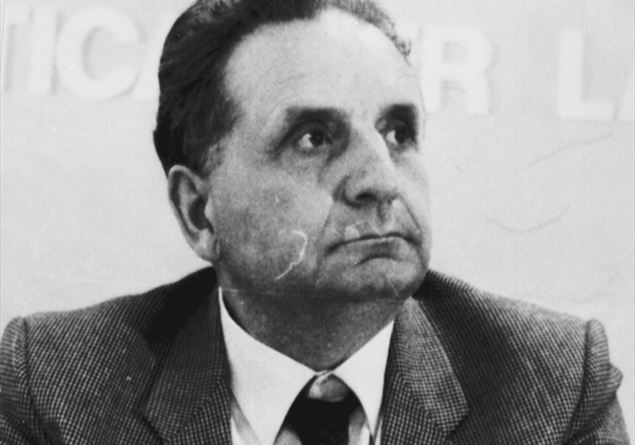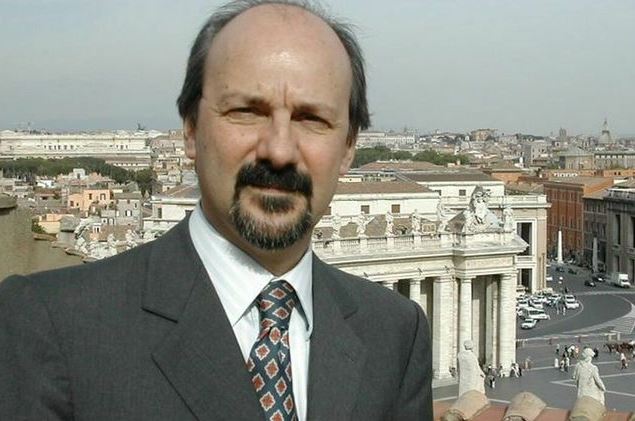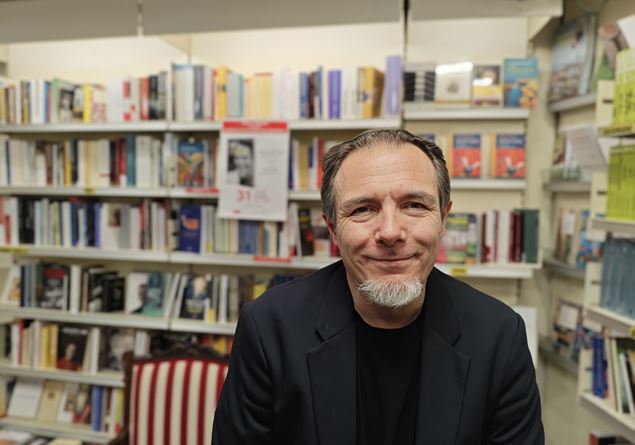The book “Rocco Chinnici’s Italy”written by his nephew Alessandro Averna Chinnici, captain of the Carabinieri and currently commander of the Faenza Company, in collaboration with the journalist and writer Riccardo Tessarini, is an open window on an Italy of servants of the State who fought, bled, but did not never gave up. It is a testimony that brings with it the greatness and fragility of a man who did not limit himself to doing his duty, but changed forever the way of understanding the relationship between the State and the mafia. Rocco Chinnici was not a magistrate like the others. He wasn’t content to just move the cards. He knew that the mafia was not only fought in the courts, but in the streets, in schools, in consciences. This is where the book hits the mark: it tells the story of a man who has never separated his toga from his humanity. A man who, like few others, had the courage to see beyond the rubble of a Palermo on its knees.
The narrative is a mosaic of voices: those of his family, friends, collaborators, of those who walked beside him in his darkest moments. Each testimony is a piece of a story that does not just concern Palermo or Sicily, but the entire country. And it is precisely this chorality that makes the book powerful in its story of a nephew who never knew him personally, but venerated and loved him to the point of choosing the same path as a servant of the State, albeit not with the toga but with a uniform. There are no solitary heroes when it comes to Rocco Chinnici, but a system, a team, a method. And that method bears his name.
The anti-mafia poolhis most brilliant invention, is not just a strategy. It’s a symbol. The idea that unity – between magistrates, police forces, citizens – can prevail over terror. It is the practical demonstration of a very incisive phrase: “When the wicked unite, the good must do the same.” With Giovanni Falcone and Paolo Borsellino, Chinnici builds an outpost against mafia arrogance, opening a path that we take for granted today, but which then was a leap into the void. The pool was so successful from a significant point of view that it put Cosa Nostra in the corner. To the point that the Commission decided to react with an attack, especially at the instigation of the boss Michele Greco known as the Pope. It was he who put – so to speak – the “Rocco Chinnici practice” on the table of the Riina Commission.
But the book does not stop with the magistrate. He tells us about the father, the husband, the citizen. A man who knew how to make himself understood by young people, who went to schools to explain what the mafia really meant, not as rhetoric, but as a daily danger. A man who woke up every morning with a fear that wasn’t for himself, but for his family, for his collaborators, for a country that risked losing everything if it didn’t find the courage to fight. A man masterfully portrayed in Pif’s film “the mafia only kills in summer”.
There is no shortage of moments of pain, such as the story of the massacre of July 29, 1983. A car stuffed with 75 kilos of TNT put an end to the life of Chinnici, his escort men and the building’s doorman. It’s one of those days when the mafia wins, but only apparently. Because Chinnici’s ideas, his methods, continue to live on. And, paradoxically, it is precisely the brutality of that act that makes Italy understand that it is time to react. The writing of the book is dry, precise, like a blade that sinks into the folds of an Italy that struggles to recognize itself, but which, thanks to men like Chinnici, finds a way to get back up. Chinnici’s method became the basis for the investigative successes of the magistrates of the anti-mafia pool which led to the Palermo maxi-trial. The trial celebrated in the Ucciardone bunker room between 1986 and 1992 ended with 346 defendants initials, of which 338 sent to trial. At the end of the process, 360 convictions were issued, for a total of approximately 2665 years in prisonexcluding life sentences. Among the sentences, 19 life sentences stood out, inflicted on the main leaders of Cosa Nostra, such as Salvatore Riina and Bernardo Provenzano.
The authors do not indulge in hagiographies. They give us back a man with his doubts, his fears, his greatness. “Rocco Chinnici’s Italy” it is not just a book, but a necessary act of memory. Because Chinnici teaches us that justice is not an abstract idea, but a daily act of resistance, dedicated above all to the younger generations.










